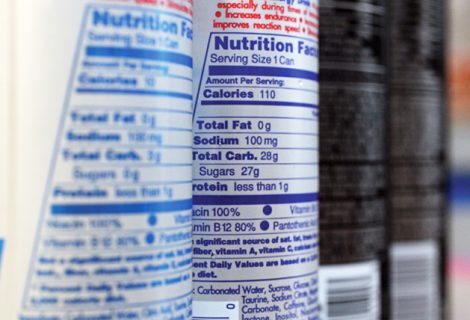Fever and Tylenol Dosing in Children
Significances
- Fever is a normal body response to infection and a symptom of an illness, not an illness itself.
- Temperatures of 100-103 degrees are usual with childhood infections and help combat disease.
- Temperatures of 104 degrees and above may cause convulsions in infants and chills in older children and adults.
- Sudden changes in temperature can precipitate convulsions in infants (up to 2 years of age).
- Temperatures of 105 degrees and above if prolonged can cause brain damage.
Facts:
- A normal temperature is about 98.6° Fahrenheit when taken orally (by mouth).
- Temperatures taken rectally (by rectum) usually run 1° higher.
- A normal axillary (under shoulder, in armpit) is between 96.6° (35.9° C) and 98° F (36.7° C). The normal axillary temperature is usually a degree lower than the oral (by mouth) temperature. The auxillary temperature may be as much as two degrees lower than the rectal temperature.
- Temperatures will register lower after sleeping, becoming chilled, or drinking cold liquids.
- Temperatures will register higher after exercising, exposure to higher environmental temperatures, and drinking hot liquids.
Treatment:

For high fevers that are difficult to bring down with Aspirin or Tylenol alone, try the following: Alternate Aspirin and Tylenol in the appropriate doses for child’s weight and age every 2 hours.
- For a child having an elevated temperature (100° or above orally or above 101° rectally), give Aspirin or Tylenol every 3-4 hours. You should take their temperature at least every 2 – 4 hours.
- Place the child in a tub of lukewarm water and sponge briskly for 15 minutes. If the child’s temperature is still elevated, continue sponging for an additional 15 minutes. Sponge the child no more frequently than every two (2) hours and no longer than 30 minutes at a time. Remember not to chill the child as this will prohibit the fever from going down and may even cause it to rise.
- A fever does not necessarily indicate a dangerous infection. The child’s temperature regulating mechanism is not well developed and a fever is often higher than one would expect with a relatively minor infection.
- Follow the doctor’s orders with regard to antibiotics and other medications.
- Call your family doctor immediately if the child twitches, convulses, or if spots or rash appear.
- With viral infections it is recommended to use Tylenol instead of Aspirin because of the association of Reeve’s Syndrome with Aspirin.





